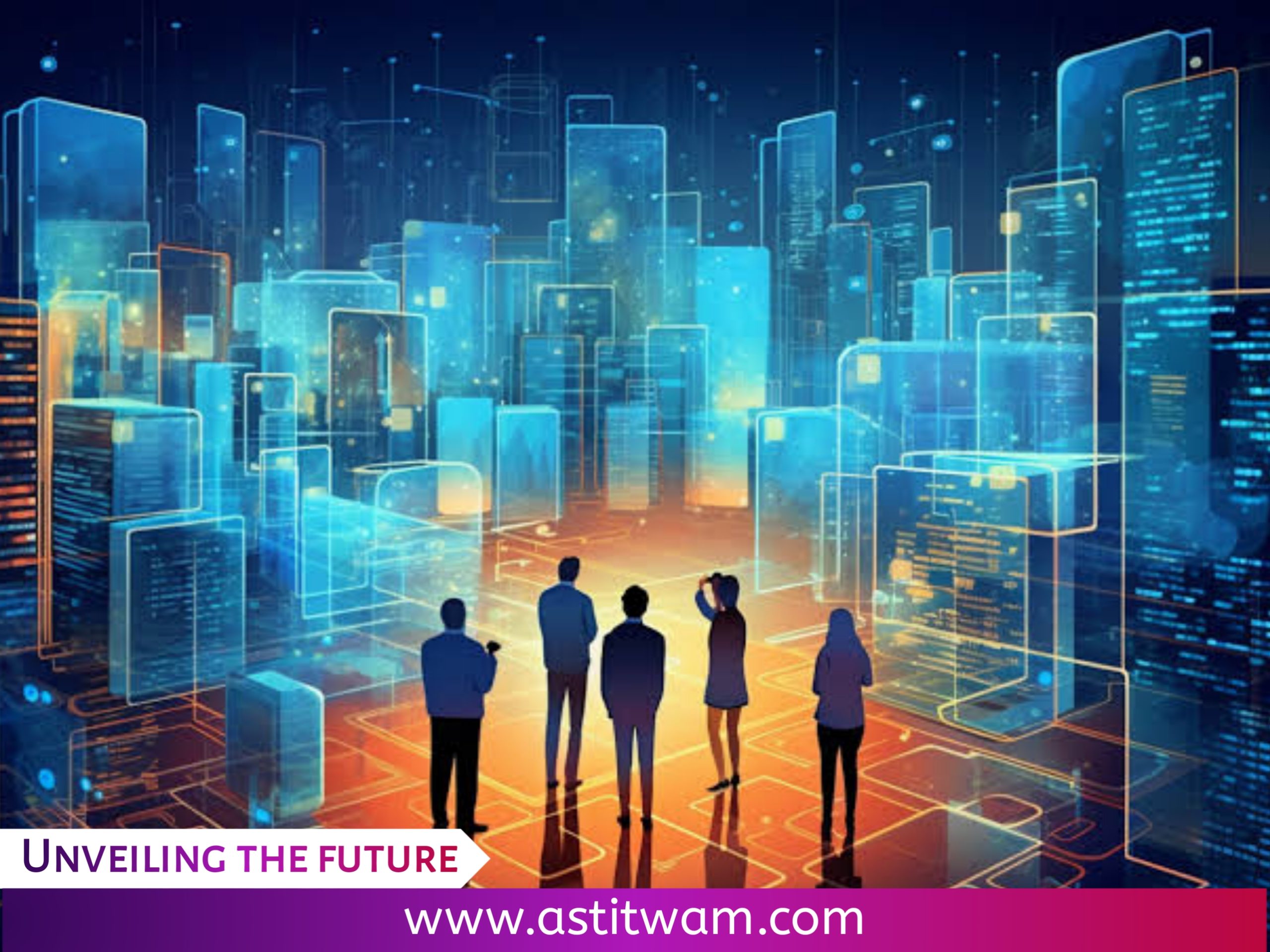Unveiling the Future: How AI is Reshaping Tech Industries

Table of Contents
Introduction
The future of technology is here, and at its heart lies a revolutionary force: Artificial Intelligence (AI). From healthcare to finance, manufacturing to entertainment, AI is reshaping every corner of the tech landscape. In this article, we delve into the intricate ways AI is transforming industries, uncovering the potential that this powerful technology holds.
The AI Revolution Begins
From Concept to Reality
The concept of AI has captivated the human imagination for decades. Today, AI is no longer a distant dream—it’s a reality reshaping our world.
The Power of Data
AI thrives on data. The more data AI systems ingest, the more refined and intelligent their decisions become.
AI in Tech Industries

Healthcare: Diagnoses Redefined
AI is redefining healthcare by providing accurate diagnoses, aiding doctors in analyzing medical images, and even predicting outbreaks.
Finance: Smart Investing
AI-powered algorithms analyze market trends, helping investors make informed decisions and predict market fluctuations.
Manufacturing: Precision and Efficiency
In manufacturing, AI enhances precision and efficiency through predictive maintenance, reducing downtime, and optimizing production.
The Rise of Machine Learning
Understanding Machine Learning
Machine Learning, a subset of AI, enables systems to learn from data and improve their performance over time.
Natural Language Processing: Machines Understand Humans
Natural Language Processing allows machines to understand, interpret, and generate human language, transforming customer interactions and data analysis.
AI in Automation
Robotic Revolution
Robots infused with AI are revolutionizing industries like logistics and warehousing, performing tasks with speed and precision.
Autonomous Vehicles: Beyond Human Control
AI-powered autonomous vehicles are set to reshape transportation, promising safer and more efficient journeys.
The Promise of Personalization
Customized Experiences
AI-driven personalization tailors user experiences, offering personalized recommendations and content.
Marketing Magic
AI-powered marketing tools analyze consumer behavior, enabling businesses to create targeted campaigns that resonate with their audience.
Challenges on the AI Horizon
Ethical Considerations
As AI advances, ethical dilemmas arise, such as bias in algorithms and the potential for job displacement.
Data Privacy: Balancing Act
The more AI relies on data, the more critical it becomes to balance data-driven insights with user privacy.
The Road Ahead
AI-Powered Creativity
AI-generated art, music, and literature challenge the boundaries of human creativity, sparking new forms of expression.
Collaboration: Humans and AI
AI will enhance human capabilities, enabling us to solve complex problems, drive innovation, and shape the future.
Ethical AI: Responsibility Matters
As AI evolves, it’s crucial to prioritize ethical AI development to ensure technology benefits all of humanity.
Conclusion
The future of tech industries is intertwined with the evolution of AI. From diagnosing diseases to powering smart vehicles, from personalizing experiences to advancing creative frontiers, AI is propelling us into an era of limitless possibilities. As we embrace AI’s transformative power, we must also navigate its challenges and ensure that ethical considerations guide its path. The synergy between AI and technology promises a future that’s not just smarter, but also more inclusive, efficient, and creative.
FAQs (Frequently Asked Questions)
- How does AI impact job markets? AI may automate certain tasks but can also create new job roles, particularly in AI development, data analysis, and ethics management.
- Can AI replace human creativity entirely? AI can generate creative content, but human creativity remains unparalleled in its depth and complexity.
- What are the potential downsides of AI? Ethical concerns, biases in algorithms, and data privacy breaches are some of the potential downsides of AI.
- How does AI contribute to personalized experiences? AI analyzes user data to provide tailored recommendations and interactions, enhancing customer satisfaction.
- What’s the future of AI collaboration with humans? The future involves seamless collaboration, where AI augments human capabilities, enabling us to solve complex problems faster and more efficiently.




